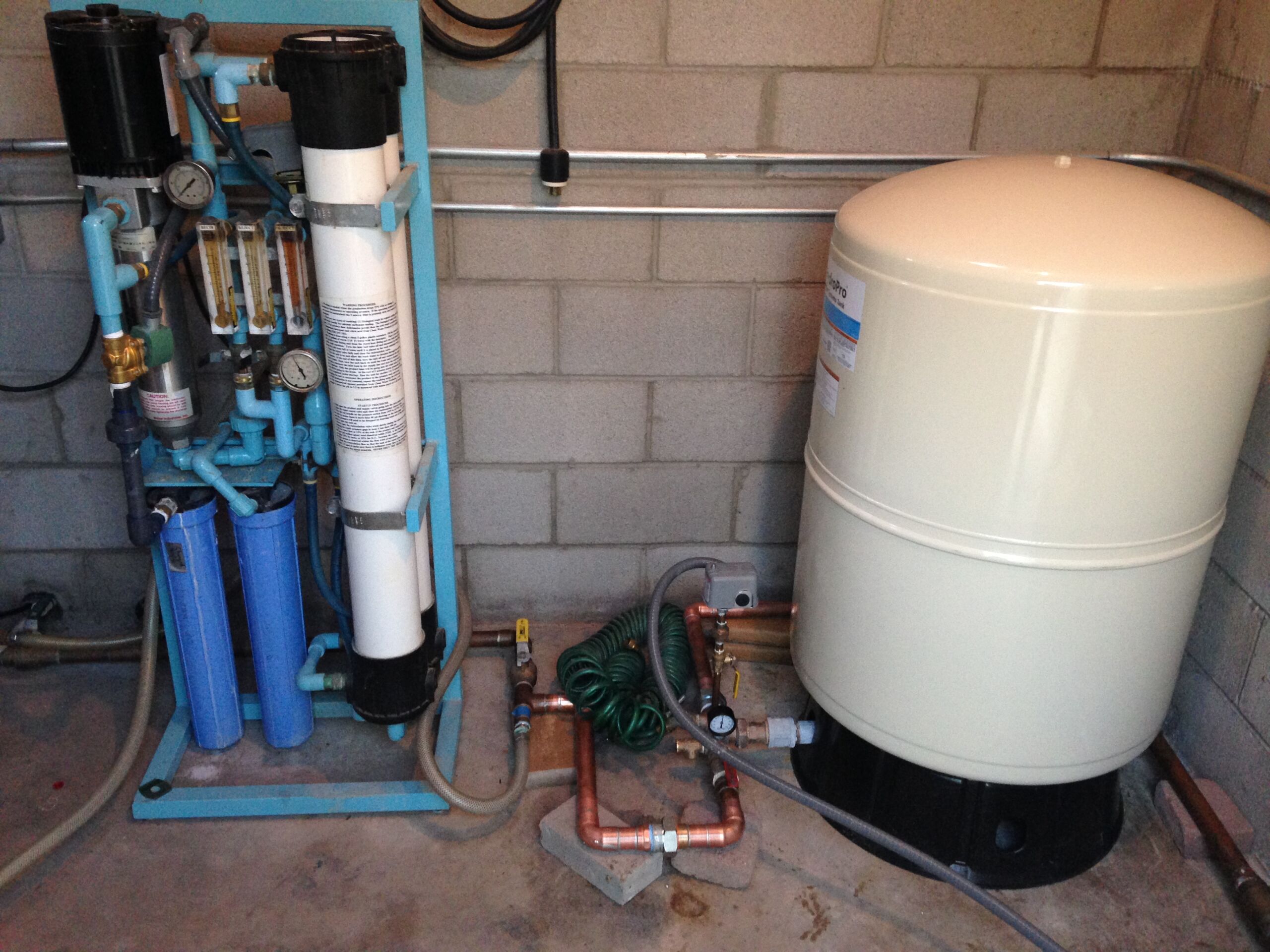Alabama Well Water Testing and Treatment Contractors
Find qualified Well Water Testing and Treatment contractors in Alabama using our contractor lookup tool. Learn more about NGWA Contractor Certifications here.
Bass Water Well & Pump Service LLC
Tallassee, AL 36078
United States
American Drilling of Alabama Inc
Alabaster, AL 35007-2052
United States
Hammett Drilling Company Inc
Dozier, AL 36028
United States
John D Hughes Wells & Pumps Inc
Enterprise, AL 36330-2750
United States
Myhand Services LLC
Jasper, AL 35504
United States
Donald Smith Company
Headland, AL 36345-1834
United States
Wrights Well Service and Pump Repair
Slocomb, AL 36375
Wenger Brothers Well Drilling
Arab, AL 35016-2163
United States
Find Well Water Testing and Treatment In
Frequently Asked Questions
When should I have my well water tested?
The National Ground Water Association (NGWA) recommends well owners test their water at least annually for bacteria, nitrates, and any contaminants of local concern. More frequent testing should be considered if:
- There is a change in the taste, odor, or appearance of the well water, or if a problem occurs such as a broken well cap, inundation by floodwaters, or a new contamination source
- The well has a history of bacterial contamination
- The septic system has recently malfunctioned
- Family members or house guests have recurrent incidents of gastrointestinal illness
- An infant is living in the home, or
- To monitor the efficiency and performance of home water treatment equipment.
What can impact groundwater quality?
Forty-seven percent of the United States depend on groundwater for their basic drinking water supply. Having a basic understanding about groundwater quality will help ensure that your well is supplying potable water for your household.
Along with human activities, water quality is affected by a combination of natural processes. Most relate to chemical compositions underground. However, other factors such as biological, physical, and radiological conditions can affect water quality as well.
Read moreHow is a well disinfected?
Properly constructed and maintained water well systems are designed to keep microorganisms such as bacteria, viruses, and protozoa from getting inside the well system and into the water. When a water test indicates the presence of microorganisms in a well, disinfection of the well system is recommended along with some level of inspection.
Read moreAlabama Groundwater and Water Well Statistics
Few states can accurately or confidentially determine how many residential wells are in place. For each region, the American Housing Survey by the U.S. Census provides regional data.
Alabama is found in the South, along with these other states: Maryland, Delaware, Virginia, North Carolina, South Carolina, Georgia, Florida, Alabama, Mississippi, Texas, Oklahoma, Arkansas, Tennessee, and Kentucky.
The last American Housing Survey Census indicates this region had 4,360,0002 households served by residential wells, with an average of 2.593 persons per household. The USGS estimates the population of self-supplied water supply users in Alabama to be 539,000, all supplied by groundwater.
- 282 community water systems use groundwater for 1,498,000 people
- 18 non-community, non-transient water systems use groundwater for 8,885 people
- 47 non-community, transient water systems use groundwater for 5,419 people
- 1,190 irrigation wells used serving 567 farms and 48,800 acres
Well Water Testing and Treatment Articles and Resources
Does My Water Well Need Treatment? By Gary L. Hix, R.G., CWD/PI Have you ever asked yourself: “Does my well water need treatment?” The question is not one you can answer if you have not had your water tested recently. You should ask yourself instead: “When was the last time I had my water tested?” If the answer to this question […]
PFAS and Private Well Owners: What You Need to Know NGWA published PFAS and Private Well Owners: What You Need to Know, a two-page fact sheet for home owners concerned about PFAS. Written in easy-to-understand language by groundwater professionals, it explains what PFAS are, how to test wells for PFAS, treatment options, and more.




